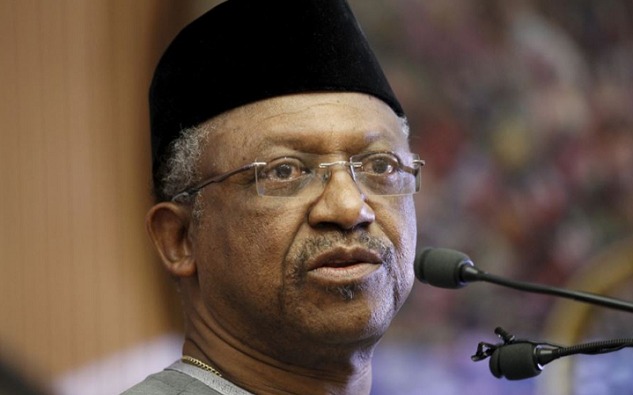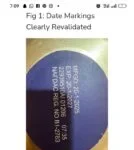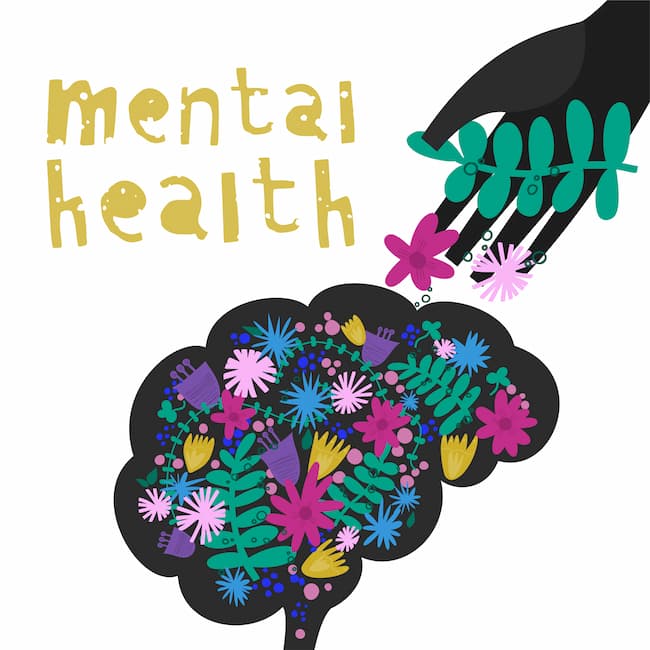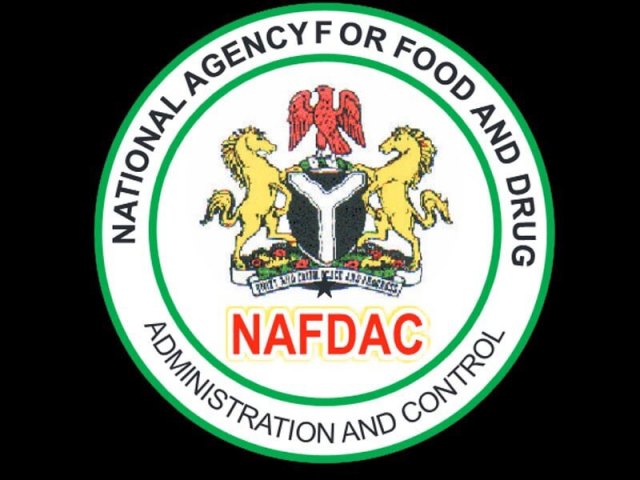The RTS, S/AS01 malaria vaccine is anticipated to be available in the nation by April 2024, according to the Federal Government. At a news conference held on Tuesday to mark World Malaria Day, the minister of health, Dr. Osagie Ehanire, stated that Nigeria has submitted an application for the RTS,S/AS01 malaria vaccine within the third application window, which concluded on April 18, 2023.
Every year on April 25, World Malaria Day is observed to raise awareness of the importance of ongoing financial support and political commitment to malaria prevention and control. Before the second application window ended on January 17, 2023, Nigeria did not submit an application for the new malaria vaccine.
The World Health Organisation, in 2021, recommended the widespread use of the RTS,S/AS01 (RTS,S) malaria vaccine among children in sub-Saharan Africa and other regions with moderate to high Plasmodium falciparum malaria transmission. Meanwhile, a third window of applications for support from Gavi opened until April 18.
Dr Osagie, who was represented by the Permanent Secretary of the Ministry of Health, Mamman Mamuda, said, “Let me also inform you that the national programme is working closely with the National Primary Health Care Development Agency and other stakeholders in accessing and deploying the malaria vaccine (RTS,S) in a phased version, subject to availability of the needed quantity.
“The country has also successfully submitted an application to Gavi for the RTS,S vaccine allocation. This is expected to be in-country by April 2024.”
Nigeria accounts for 27% of worldwide malaria infections and 32% of global malaria fatalities, despite efforts by the government and its allies to battle the disease’s consequences. The Federal Government and its agencies are allegedly moving too slowly to combat malaria, according to the House of Representatives.
In a statement released on Tuesday in honor of World Malaria Day 2023, the chairman of the House Committee on Media and Public Affairs, Benjamin Kalu, stated that “four African countries, including Nigeria, accounted for over half of all malaria deaths worldwide.” He pointed out that 31.3% of malaria fatalities worldwide occurred in Nigeria alone.
He said, “In Nigeria, malaria remains a significant public health challenge with an estimated 97 million cases and 300,000 deaths annually. Although progress has been made in reducing the burden of this disease, much work still needs to be done to eliminate it.
“The key areas of challenge to address the malaria burden in Nigeria have been issues of donor-dependence for malaria intervention in the country. Hence, the 9th National Assembly has identified lack of domestic financing and lack of use of local content in terms of production and patronage of local manufacturing of LLINs and anti-malarial drugs as a key challenge.
“To address this, the sum of over $300m has been approved under the World Bank and the Islamic Bank IMPACT projects to address and compliment donor support. However, this effort is at a slow speed in implementation. Despite the passage of the legislative resolution in December 2021 to access the credit facility, none of the essential commodities has been procured.
“The lukewarm attitude of the National Malaria Elimination Programme leadership and slow actions from United Nations Office for Project Services, the procurement agency for Islamic Bank funding and the World Bank, has affected the urgent procurements of these commodities despite availability of the funds and commodities locally produced in Nigeria.”
According to the House’ spokesperson, the development had given the members of the National Assembly, as reported by the Chairman of the House Committee on AIDS, Tuberculosis and Malaria, “a great concern due to lack of procurement of these commodities.”
Kalu stated, “With the onset of the rainy season and its aftermath of flooding, leading to surge in mosquitoes breeding and increasing malaria morbidity, mortality and more deaths of Nigerians, the House calls for immediate action to save more lives.”
“In view of the above, the NMEP, UNOPS and the World Bank are urgently called upon to fast-track the procurements of these life-saving commodities to mitigate the high burden of malaria in Nigeria, as reiterated in the 2023 World Malaria Theme.”













